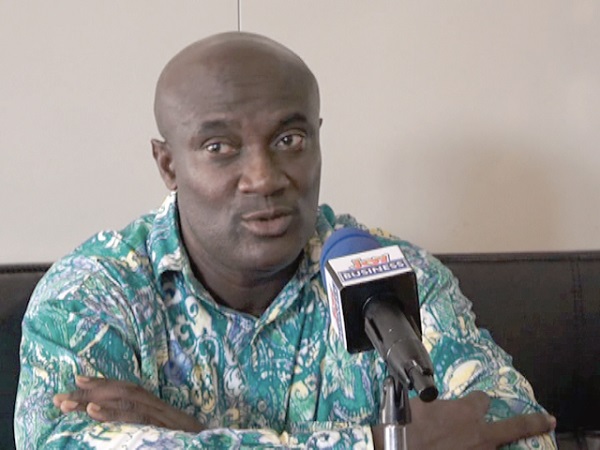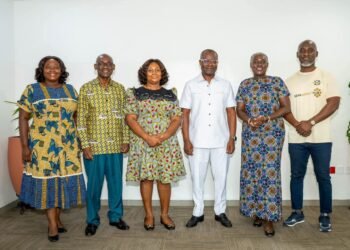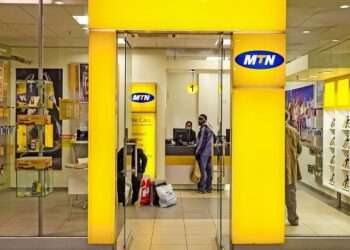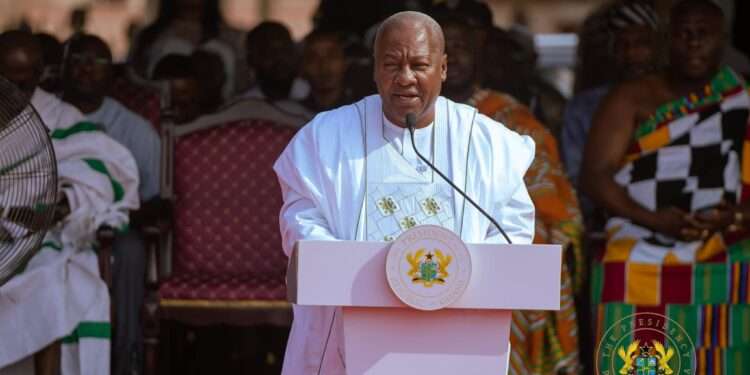Clement Boateng, the Co-Chairman of the Abossey Okai Spare Part Dealers and Welfare Executive of Ghana Union of Traders Association (GUTA) has appealed to government to help reduce the cost of credit for doing business.
According to him, the current policy and lending rate practically makes it impossible for them to make any profit from their businesses particularly in cases where they would have to repay loans offered by financial institutions.
“Current policy rate of the Bank of Ghana is about 14.5%, so even if we take facilities from the banks and they are expected to add their profits to their lending rate, we don’t expect them go beyond 20% and that is where we have a problem. If you give us a loan within the rate of 20-22%, I think that it will go a long way to help us. So our problem has to do with the rate at which they are offering the facility to us”.
High-interest rates have been one of the major constraints to Ghanaian businesses over the years. Whilst the Monetary Policy Committee has done so well to reduce the prime rate which is currently maintained at 14.5%, the banks have been reluctant to reduce their lending rates.
As such, for the Ghana Union of Traders Association and the Abossey Okai Spare Part Dealers Association, the high cost of credit is negatively affecting their businesses.
Currently, the private sector is said to be having challenges in accessing the needed capital from banks to inject into their businesses because of the high cost of credit.
The Summary of Economic and Financial data (January 2021) published by the Bank of Ghana has shown that the growth of total advances to the private sector declined to 5.8 percent in December 2020. This was from 23.6% the previous year, a sharp decline of 17.8 percentage points.
A data from the Bank of Ghana indicates that the excessive domestic borrowing by government is crowding out the private sector from getting loans.
Although the Bank of Ghana refrained from changing the policy rate by maintaining it at 14.5 percent, the recovery for various sectors of the economy may respond slowly. Prior to the MPC meeting, the Association of Ghanaian Industries (AGI), Ghana Union of Traders Association (GUTA), were very vocal in registering their request for a reduction in the monetary policy rate by the Central Bank. As the cost of credit by Commercial Banks remained very high, it has always been a disincentive for businesses in need of credit for productive investments.
The President of the Ghana Union of Traders Association (GUTA), Dr. Joseph Obeng, had earlier called on the government of Ghana to address the high cost of borrowing in the country. He was of the view that failure to do this, will edge out Ghanaian businesses by their competitors as a result of the implementation of the AfCFTA.
He further stated that the competition inherent amongst African countries will put Ghana in a disadvantaged position particularly as a result of the cost of “doing business”. With the cost of borrowing being high, Dr. Obeng maintains that if nothing is done about it, members will be “outdone by the other African countries“.





















